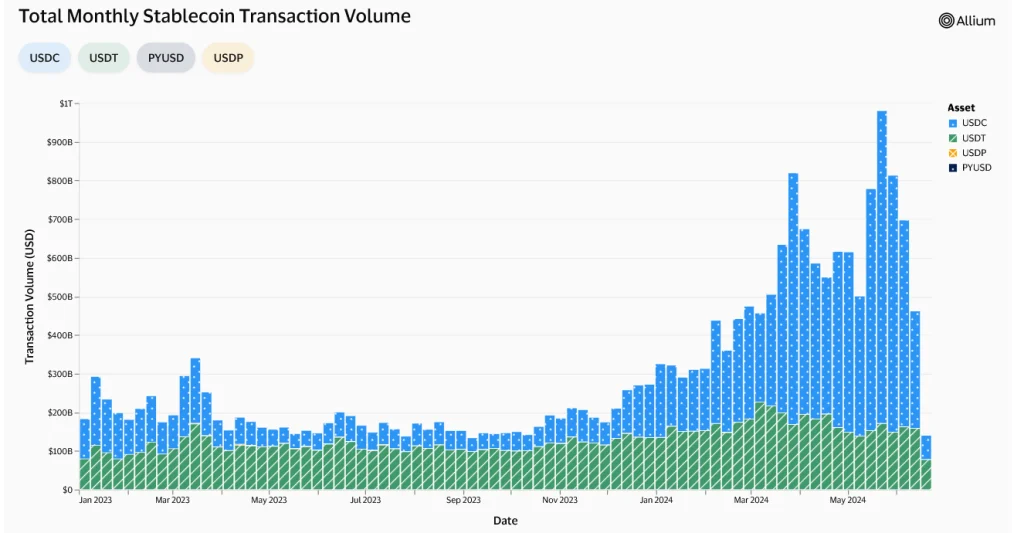Philippines Now Allows USDT Payments for Social Security
Tether, the issuer of the USDT stablecoin, has unveiled a significant partnership with UQUID, marking a strategic advancement in the application of stablecoins in everyday transactions.
This collaboration focuses on integrating USDT payments into the Philippine Social Security System (SSS), enabling Filipinos to use the TON blockchain to manage their SSS contributions.
Announcement and Objectives
This integration represents a critical development in the adoption of stablecoins for public services and underscores Tether’s commitment to expanding the utility of USDT globally.
The announcement of this partnership was made on the X platform, where Tether outlined the new feature allowing users in the Philippines to make their social security contributions using digital currency.

This initiative aims to simplify and enhance the efficiency of payment processes, leveraging the speed and security that the TON blockchain is known for. UQUID, a company that operates with a decentralized business infrastructure, is instrumental in this integration.
Their involvement ensures the technology backing this service is robust, promising a seamless and user-friendly experience for Filipinos in managing their SSS payments.
In addition to facilitating payments for social security, the partnership between Tether and UQUID extends to the realm of digital commerce. Together, they have introduced the “1 USDT” store, an innovative project that showcases the practical use of stablecoins in retail.
This venture aims to demonstrate how stablecoins can facilitate everyday purchases, thereby enhancing the practicality and accessibility of digital currencies in online shopping. This initiative aligns with UQUID’s commitment to advancing the infrastructure for Web3 shopping experiences.
Since its inception in 2016, UQUID has been at the forefront of leveraging blockchain technology and decentralized finance (DeFi) to offer secure and transparent shopping experiences.
By incorporating USDT into its payment systems, UQUID addresses several challenges associated with traditional Web 2.0 e-commerce platforms, paving the way for a smoother and more efficient Web3 shopping environment.
The CEO of UQUID highlighted the significance of this initiative with Tether, stating that it establishes a new benchmark for convenience and accessibility in the realm of digital commerce.
The Evolving Role of Stablecoins
The integration of USDT into the payment system not only enhances the user experience but also demonstrates the evolving role of stablecoins in everyday financial activities. As the use of cryptocurrencies gains mainstream traction, stablecoins like USDT are playing a pivotal role.
Originally developed as tools for easing transactions on centralized exchanges, stablecoins have now become key liquidity providers in both centralized and decentralized markets.
This growing prominence of stablecoins is also evident in other significant developments in the financial sector. Mainstream payment platforms such as PayPal have introduced their native stablecoins, like the PayPal USD (PYU), reflecting the increasing acceptance and utility of these digital currencies.
Additionally, Ripple’s announcement of its plans to launch its own stablecoin in early 2025 further underscores the expanding market for these financial instruments.
Stablecoins are increasingly being utilized for cross-border payments at an institutional level, highlighting their importance in the global financial ecosystem. The partnership between Tether and UQUID is part of a broader strategy to enhance the practical applications of USDT.

By leveraging blockchain technologies such as the TON blockchain, this collaboration offers an efficient alternative to traditional payment methods. This is particularly relevant in regions where digital payment infrastructures are still evolving.
The ability to pay for government services like social security contributions through stablecoins not only streamlines the process but also promotes financial inclusion.
Moreover, the “1 USDT” store initiative serves as a practical demonstration of how digital currencies can be seamlessly integrated into daily transactions, further promoting the use of blockchain technology in enhancing the efficiency of financial services.
The post Philippines Now Allows USDT Payments for Social Security appeared first on Coinfomania.




